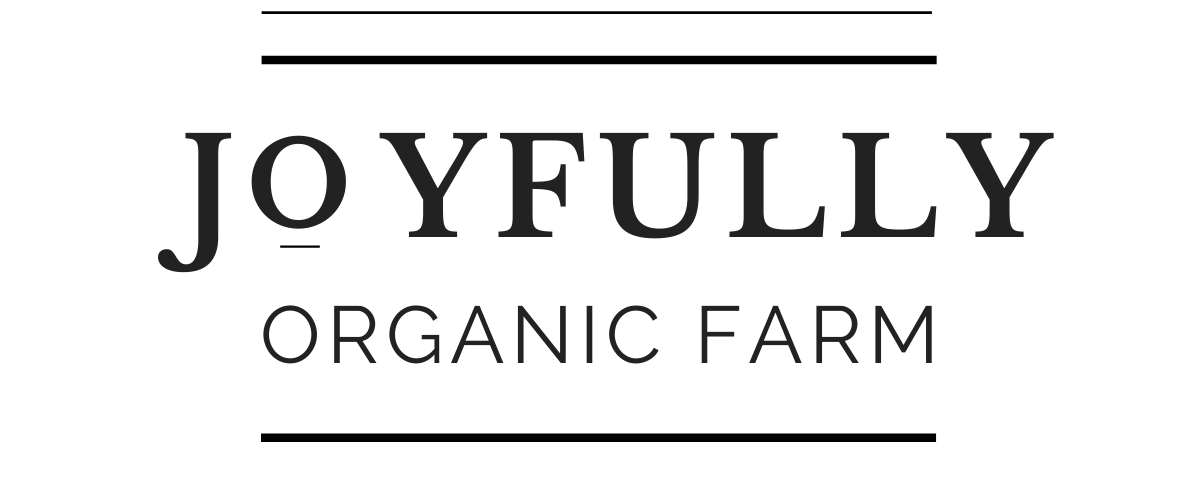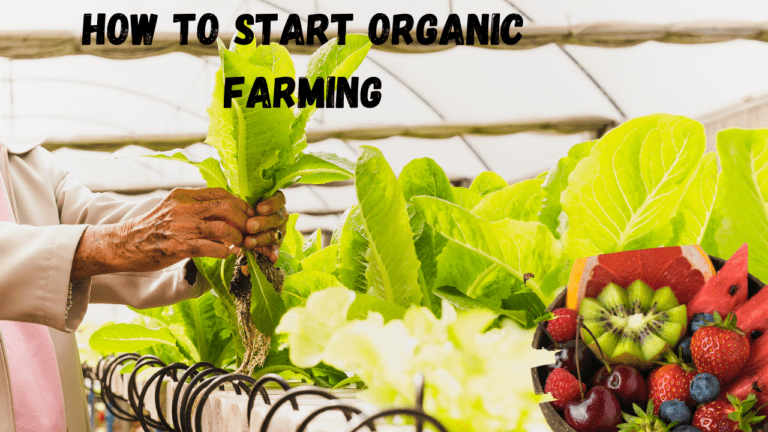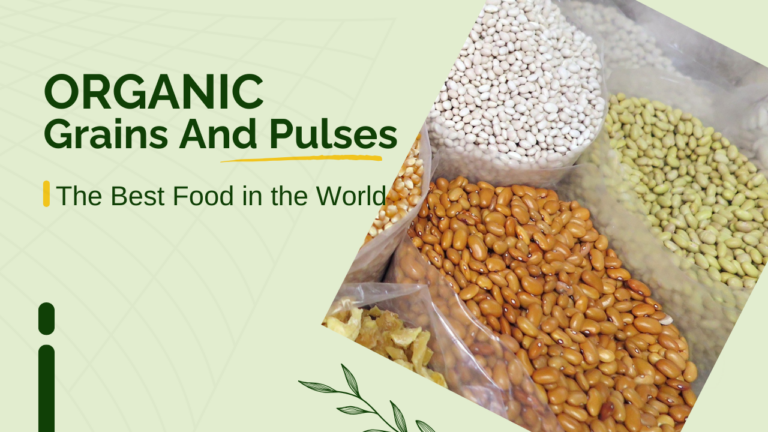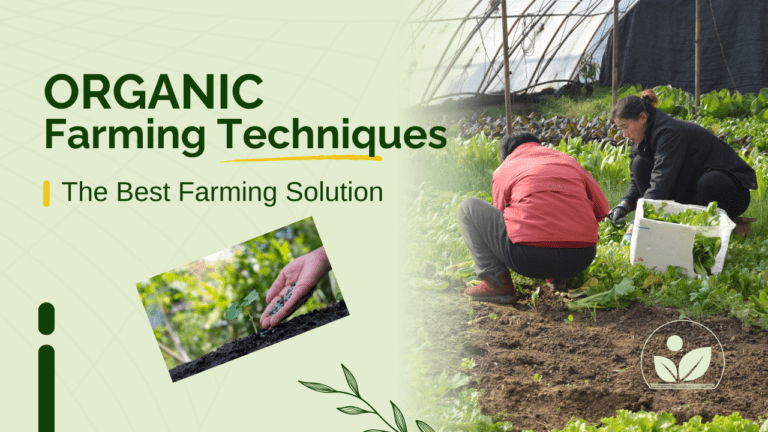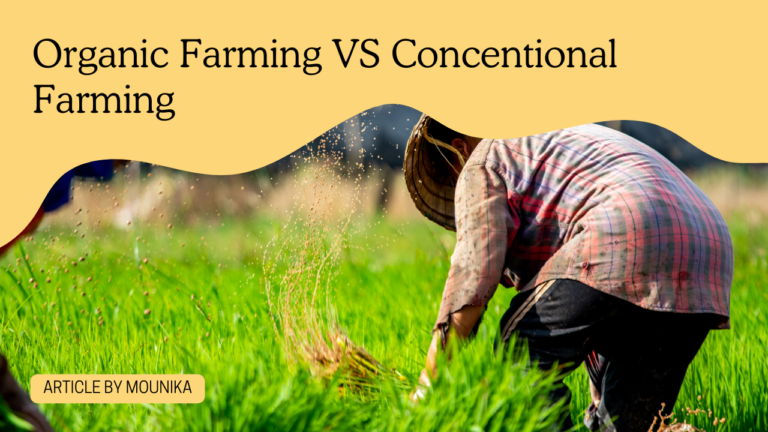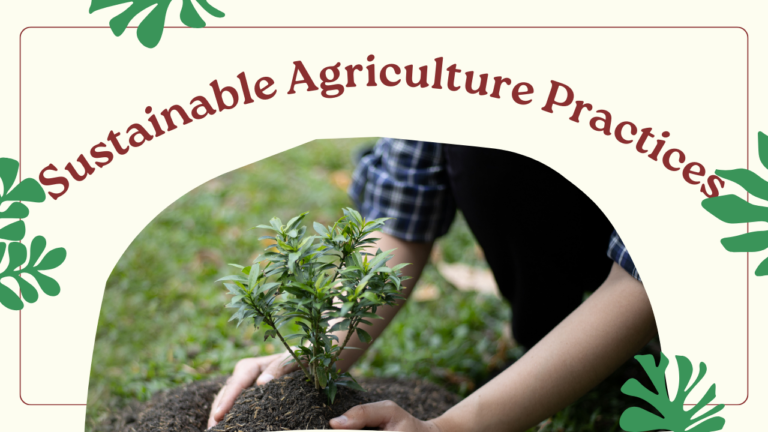10 Incredible Benefits of Organic Farming: Transform Your Health and the Planet
Benefits of Organic Farming
Benefits of Organic farming is gaining popularity worldwide due to its numerous health, environmental, and sustainability conditions.
This blog will delve into the various advantages of organic agriculture, presenting the information clearly and engagingly.
Table of Contents
- Introduction to Organic Farming
- Environmental Benefits
- Soil Health
- Biodiversity
- Water Conservation
- Health Benefits
- Nutrient-Rich Produce
- Reduced Chemical Exposure
- Economic Benefits
- Farmers’ Welfare
- Market Demand
- Social Benefits
- Community Health
- Food Security
- FAQs
- Summary
- References
Introduction to Organic Farming
The agricultural practice of “Benefits Of organic farming” strongly emphasizes using natural processes and inputs to grow crops and rear livestock. Unlike conventional farming, organic farming avoids synthetic chemicals and genetically modified organisms (GMOs).
Environmental Benefits
Soil Health
- Enhanced Soil Fertility: Organic farming practices, such as crop rotation, green manure, and composting, improve soil structure and fertility.
- Erosion Control: Organic farms use cover crops and other techniques to prevent soil erosion.
- Microbial Activity: Promotes beneficial soil microorganisms that aid in nutrient cycling.
Biodiversity
- Habitat Preservation: Organic farms provide habitats for wildlife, increasing biodiversity.
- Pollinator Protection: Reduced use of pesticides helps protect bees and other pollinators.
Water Conservation
- Reduced Pollution: Organic farming minimizes water pollution by avoiding synthetic fertilizers and pesticides.
- Efficient Water Use: Mulching and adding organic matter improves soil moisture retention.
Health Benefits
Nutrient-Rich Produce
- Higher Nutrient Levels: Organic produce often contains higher levels of vitamins, minerals, and antioxidants.
- Better Taste: Many consumers find that organic fruits and vegetables have a superior taste.
Reduced Chemical Exposure
- Fewer Pesticide Residues: Organic food has lower pesticide residues than conventionally grown food.
- Healthier Livestock: Organic livestock are raised without antibiotics and growth hormones, producing healthier meat and dairy products.

Economic Benefits
Farmers’ Welfare
- Premium Prices: Organic products often fetch higher prices in the market, increasing farmers’ income.
- Cost savings: Less expensive chemical inputs are required when cultivating organically.
Market Demand
- Growing Consumer Base: Increasing consumer awareness and demand for organic products drive market growth.
- Export Opportunities: Organic products have significant export potential, contributing to the national economy.
Social Benefits
Community Health
- Reduced Health Risks: Lower exposure to harmful chemicals benefits farmers’ and consumers’ health.
- Education and Awareness: Organic farming promotes sustainable practices and environmental awareness in communities.
Food Security
- Sustainable Practices: Organic farming supports long-term food security by maintaining soil health and ecosystem balance.
- Local Food Systems: Encourages local food production and reduces dependence on imported food.
FAQs of Benefits of Organic Farming
Summary
Organic farming offers many benefits, from improving soil health and biodiversity to providing nutritious food and economic opportunities. By choosing organic, consumers support sustainable agriculture and contribute to a healthier planet.
References
- US Department of Agriculture (USDA) Organic Program. International Federation of Organic Agriculture Movements (IFOAM)
- Food and Agriculture Organization (FAO) on Organic Agriculture
Table: Comparison of Organic and Conventional Farming
By understanding and promoting the benefits of organic farming, we can make informed choices that positively impact our health, communities, and the environment.
| Aspect | Organic Farming Techniques | Conventional Farming Techniques |
| Animal Husbandry | Organic feed, pasture-raised livestock | Conventional feed, confined animal feeding |
| Water Conservation | Efficient water use, rainwater harvesting | Less emphasis on water conservation |
| Crop Diversity | Crop rotation, intercropping | Monoculture practices |
